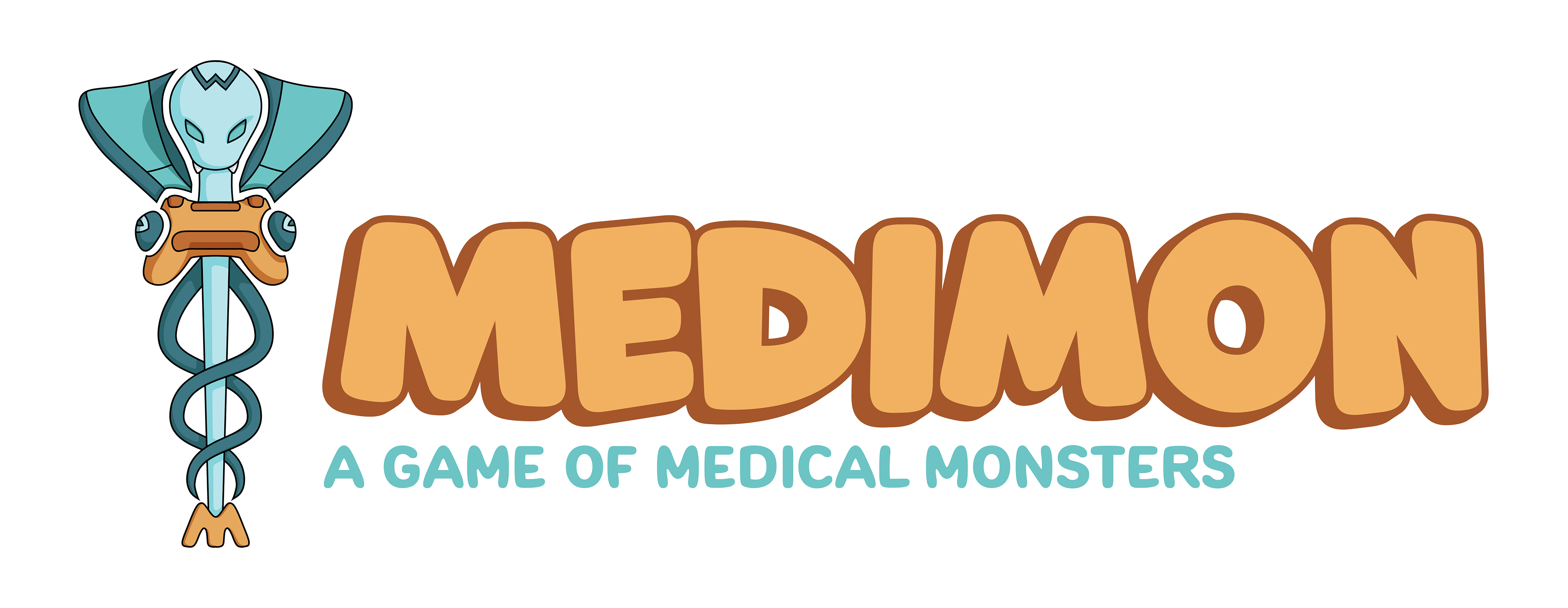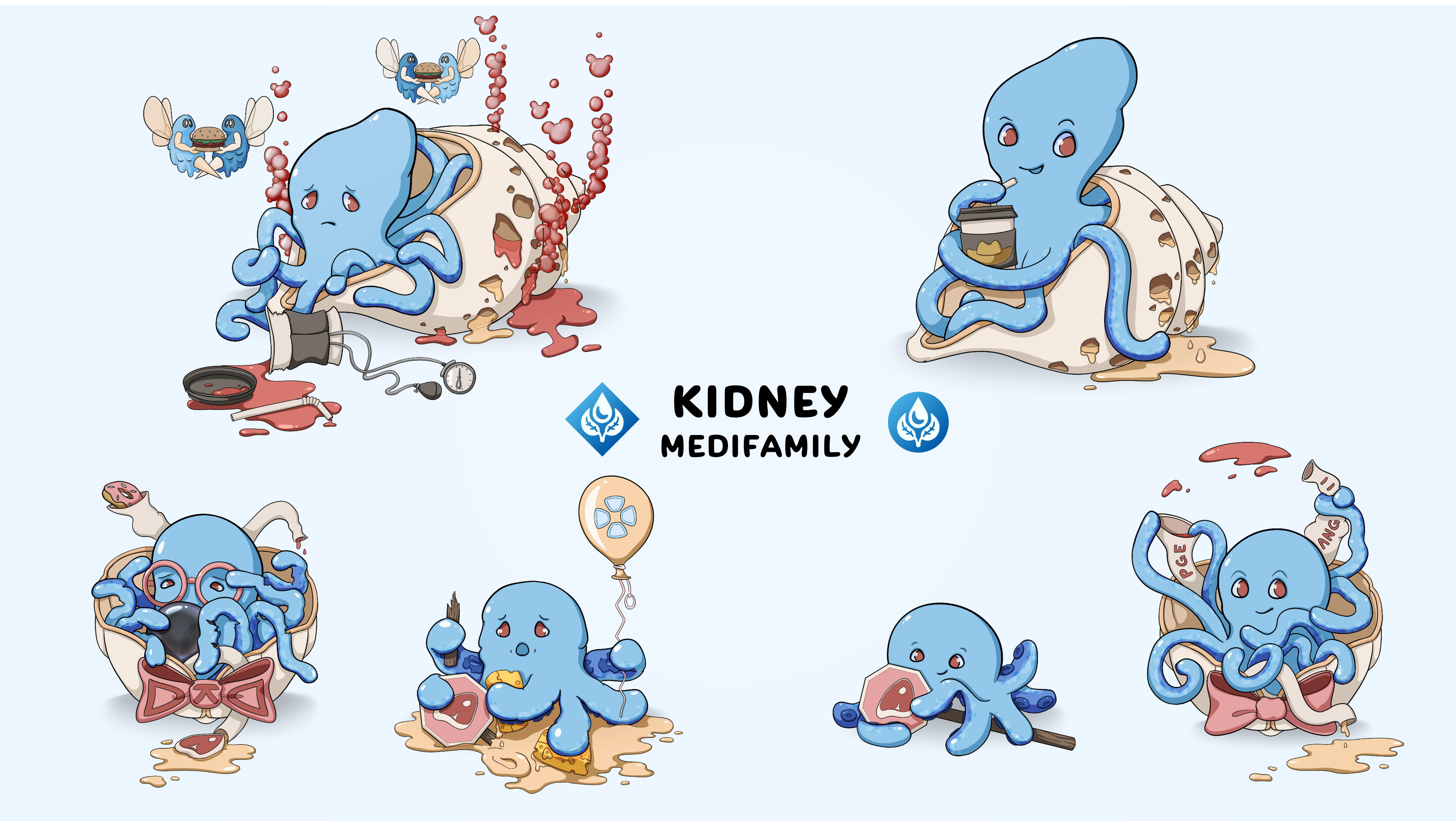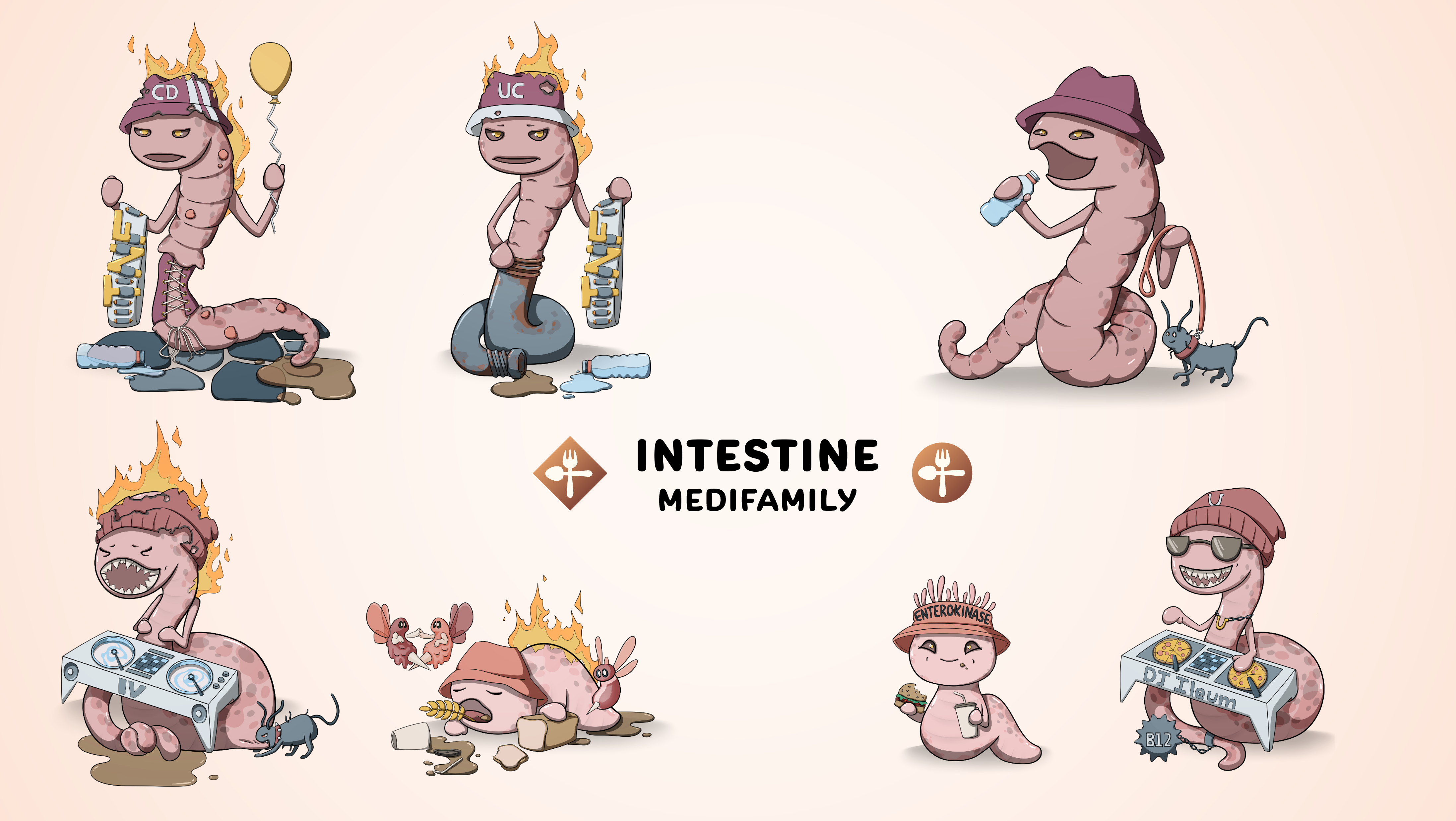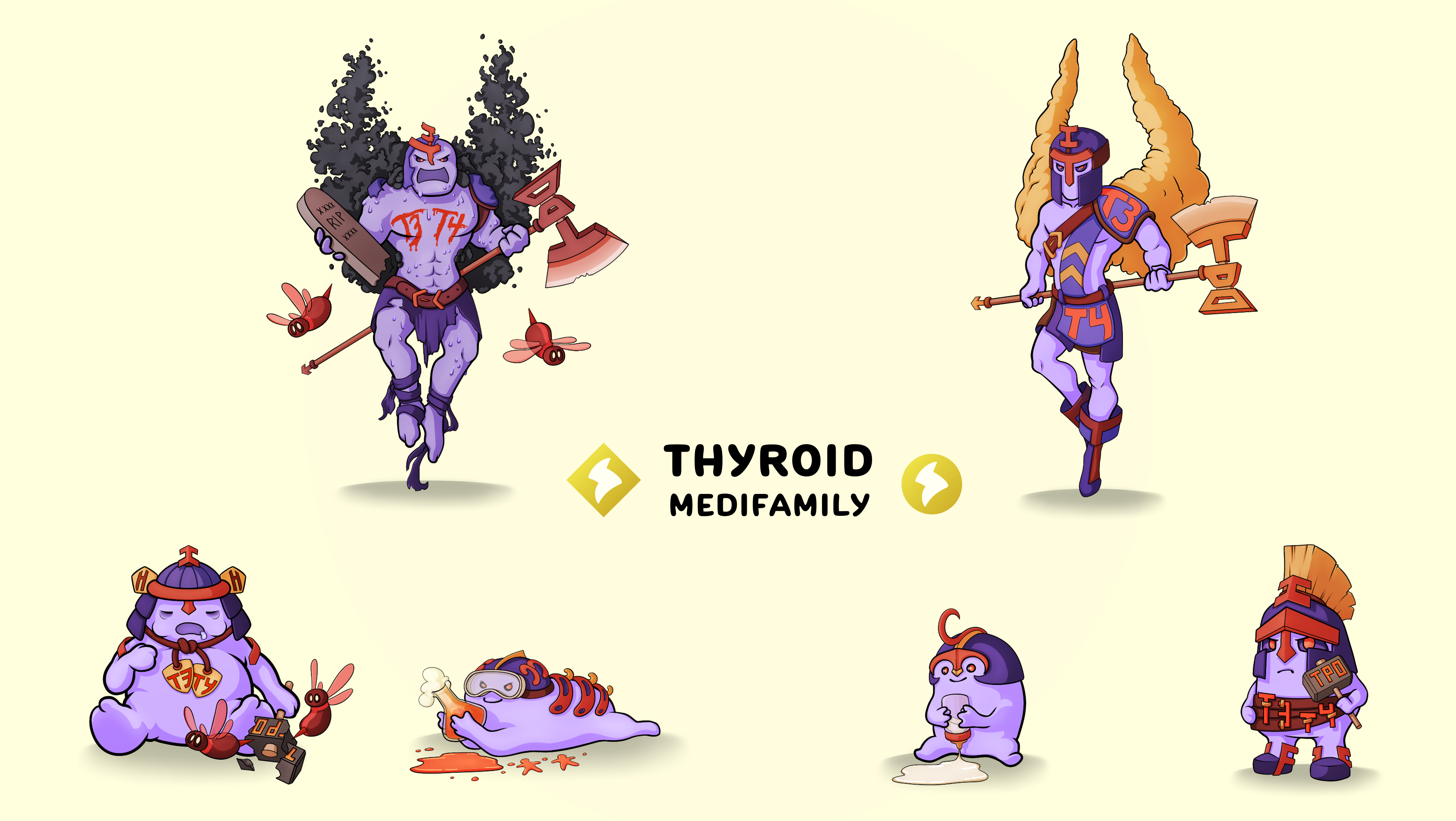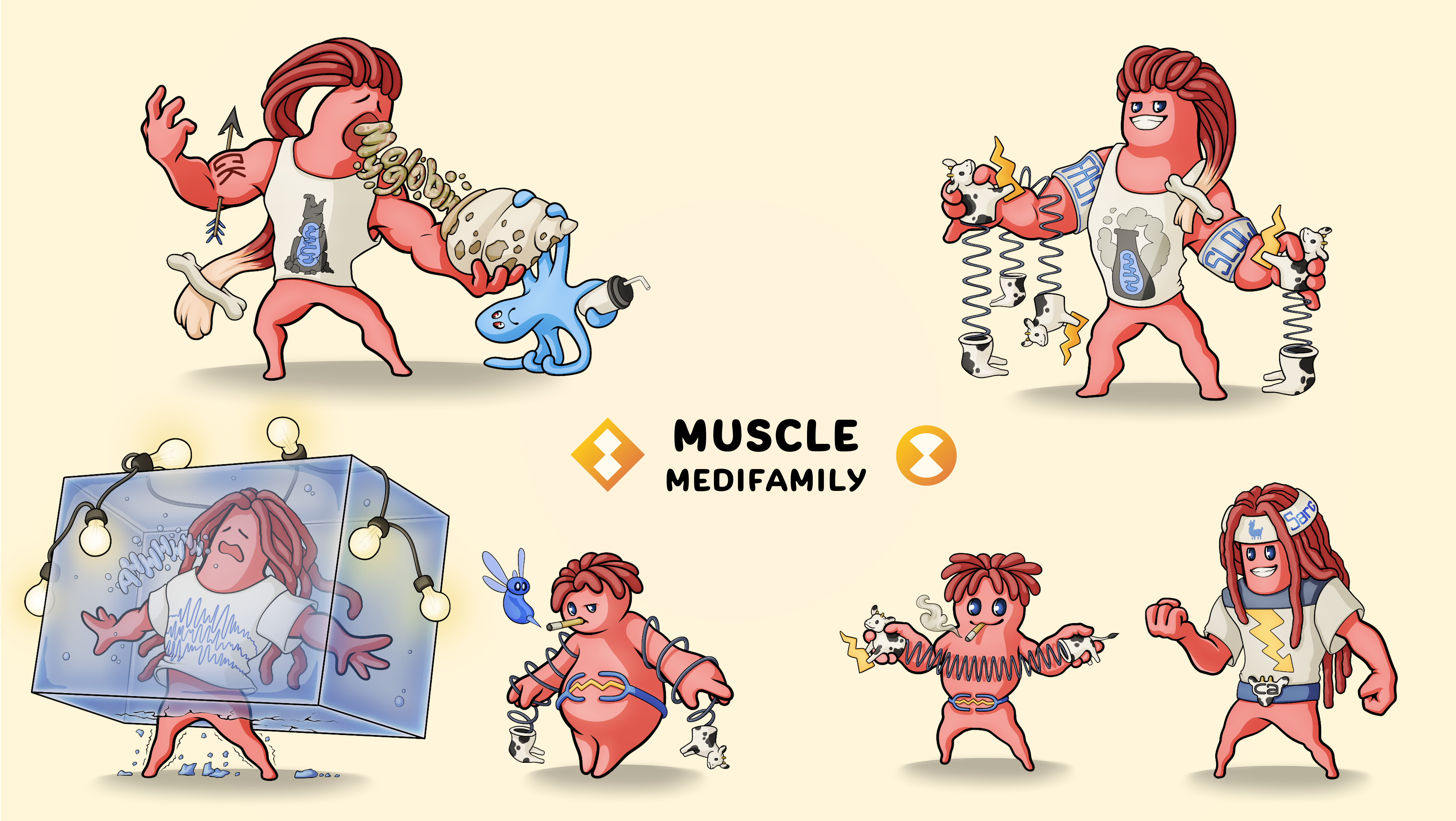Healthy Brain
Neuron
Neurons are specialized cells that send messages throughout your body. They help you think, feel, and control your muscles and organs.
Spinal Cord
The Spinal Cord is a long, tubular bundle of nerves that connects your Brain to the rest of your body. It helps relay messages between your Brain and body, allowing you to move and feel sensations.
Brain
The Brain is the control center of your body, responsible for your thoughts, emotions, and actions. It processes information from your senses and controls your movements.
Diseased Brain
Alzheimer Disease
Alzheimer Disease is a Brain disorder that causes memory loss, confusion, and difficulty thinking. It gets worse over time and affects a person's ability to perform everyday tasks.
Spinal Muscular Atrophy
Spinal Muscular Atrophy (SMA) is a genetic disease that affects the nerves controlling muscle movement. It causes muscle weakness and wasting, making it difficult to move and breathe.
Parkinson Disease
Parkinson Disease is a Brain disorder that affects movement and coordination. People with Parkinson Disease may have shaking, stiffness, and trouble with balance and walking.
brain Treatment
Alzheimer's Disease -> Neuron
Aducanumab treats Alzheimer Disease by targeting and removing harmful protein clumps in the Brain. These clumps are thought to contribute to the damage seen in Alzheimer Disease.
SMA -> Spinal Cord
Nusinersen treats Spinal Muscular Atrophy by helping the body produce a protein needed for nerve function. This can improve muscle strength and movement in people with the disease.
Parkinson Disease -> Brain
Levodopa treats Parkinson Disease by turning into a chemical called dopamine in the Brain. This helps increase dopamine levels, which can improve movement and reduce symptoms.
